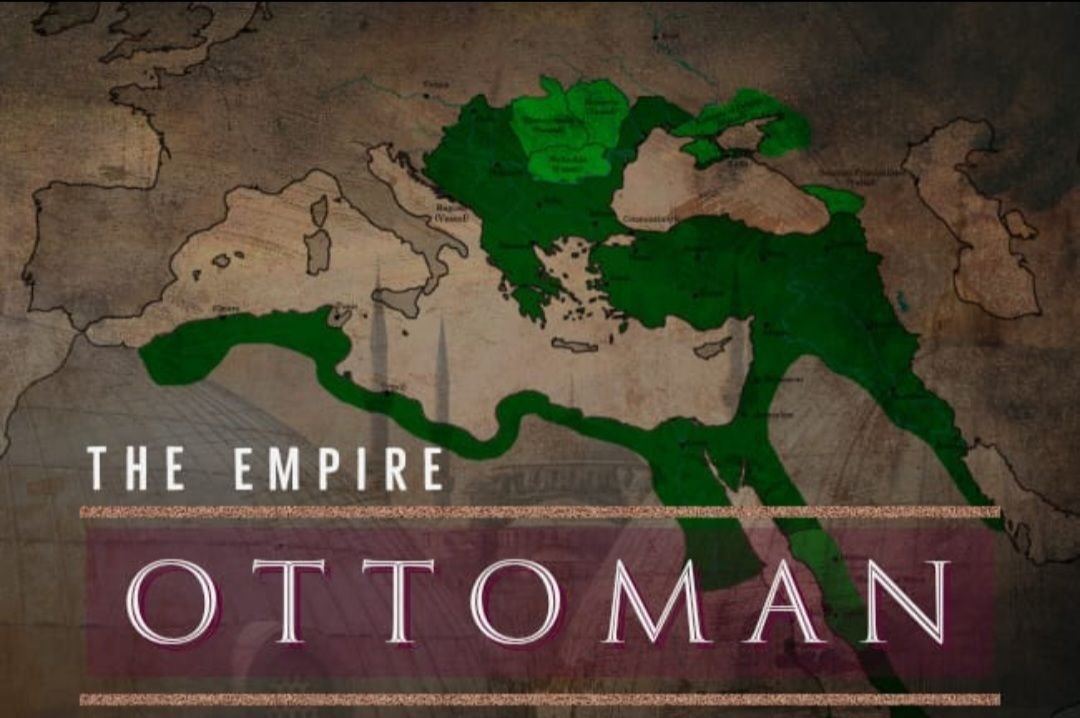Muslim Youth – Marriage, Education and Having Children
In The Name of Allah, The Most Merciful, The Bestower of Mercy.
Al-Allamah Rabee Bin Haadi Al-Madkhali, may Allah have mercy upon him, said, “If you are able to exercise patience and seek knowledge, then exercise patience- meaning, study before getting married, just as Umar, may Allah be pleased with him, said “Some people might be prevented from (seeking) knowledge due to marriage”. So, when he gets married, he abandons seeking knowledge and becomes relaxed, and tires himself (i.e. it becomes difficult for him to combine family responsibilities and seeking knowledge at the same time). But if he has the ability to combine the Maslahatayn (i.e. the benefits of marriage and seeking knowledge), then that is good, (as long as) he does not consider himself as one who might commit immoral deeds and fornicate. If this is the case (i.e. fears falling into evil), then -by Allah- it becomes more incumbent upon him to get married to protect himself and guard his chastity”.(1)
Question to Imam Muhammad Bin Salih Al-Uthaymeen, may Allah have mercy upon him, “If a young man delays marriage until he reaches 30 years of age while having the ability (to get married), is there anything incumbent upon him, because he wants to build his future and complete his education?
Response: Yes, something is incumbent upon him and it that he has followed the guidance of the Prophet, peace and blessings of Allah be upon him, “O young people! Whoever from among you is able to get married, then you should do so for verily it is the most effective in keeping the gazes lowered and maintaining chastity. [Sahih Muslim. Number 1400]
Thus, the Prophet commanded the youth to get married and clarified its benefits. The statement [i.e. the reason given] that he is preoccupied with studies and building his future is false. How many people were not at ease during their studies until after getting married! They found ease and enough provision, and restraint from looking at what Allah has forbidden, such as women, (forbidden) pictures etc. Therefore, my advice to the youth in general is that they should get married at the earliest opportunity by following the command of the Messenger of Allah and seek provision. This is because the married individual desires chastity and modesty, and Allah helps him, as it has been been stated in the narration, ‘It is a right Allah (has obligated upon Himself) to aid three (types of people)… and one of them is ‘the man who marries wanting chastity’.(2)
Imam Abdul Azeez Bin Baaz [may Allaah have mercy upon him] was asked about a husband and a wife who agreed not to have children and whether this is allowed? So, he responded, “This agreement of theirs is not permissible. As long as the woman is able (to bear children), then it is not permissible for them to do this because the Islamic legislation requires that the people give concern to bearing children and make the Ummah numerous. The Prophet [peace and blessings of Allaah be upon him] said, ‘Marry the childbearing, loving woman for I shall outnumber the peoples by you on the Day of Resurrection’. In another wording (of this narration the Prophet said), ‘Outnumber (i.e. the followers of the other) Prophets on the Day of Judgement’. This is because by way of this (i.e. having many children) those who worship Allah among the Muslims will be numerous, the Ummah will be numerous and strong in opposing their enemies. It is not permissible for a man to abandon having children out of fear of either tiredness in seeking after a livelihood or due to difficulty, or due to expenditure, or due to a desire to enjoy one’s wife and other than that. It also not permissible for a woman to do this, rather it is obligated on both of them to pursue the means of having offspring -be eager to seek the means to having children so that the Ummah becomes numerous and to fulfil what the Prophet [peace and blessings of Allah be upon him] stated. However, if the woman either suffers a lot of pain due to an illness of the womb or she cannot give birth except by way of surgical operation, then this is an excuse to not have children. If the surgical operation [or caesarean] will harm her- it is feared that something will happen to her, and also if the children are many- born at close intervals and bringing them up becomes difficult upon her, then there is nothing to prevent her from taking some pills [or contraception] or some preventative measures for a year or two – the period of breastfeeding- so that she becomes strong enough to nurture the children and able to nurture the other newly born”. (3)
[1] http://www.rabee.net/ar/questions.php?cat=51&id=623 paraphrased.
[2] Fatawa Nur Alad Darb 728
[3] Audio link with transcript http://www.binbaz.org.sa/noor/11853 [NB: This is a general Fatwa, therefore married should ask the scholars about their specific circumstances, in order to receive specific ruling related to their situation].


















